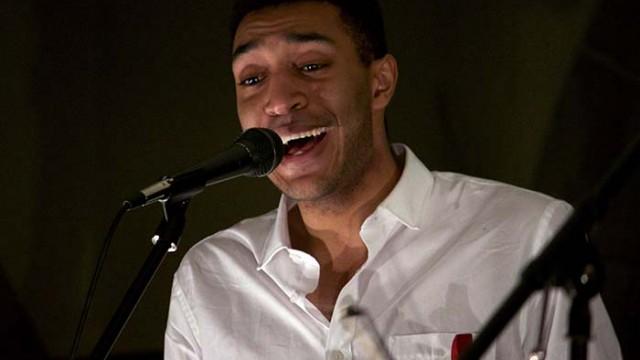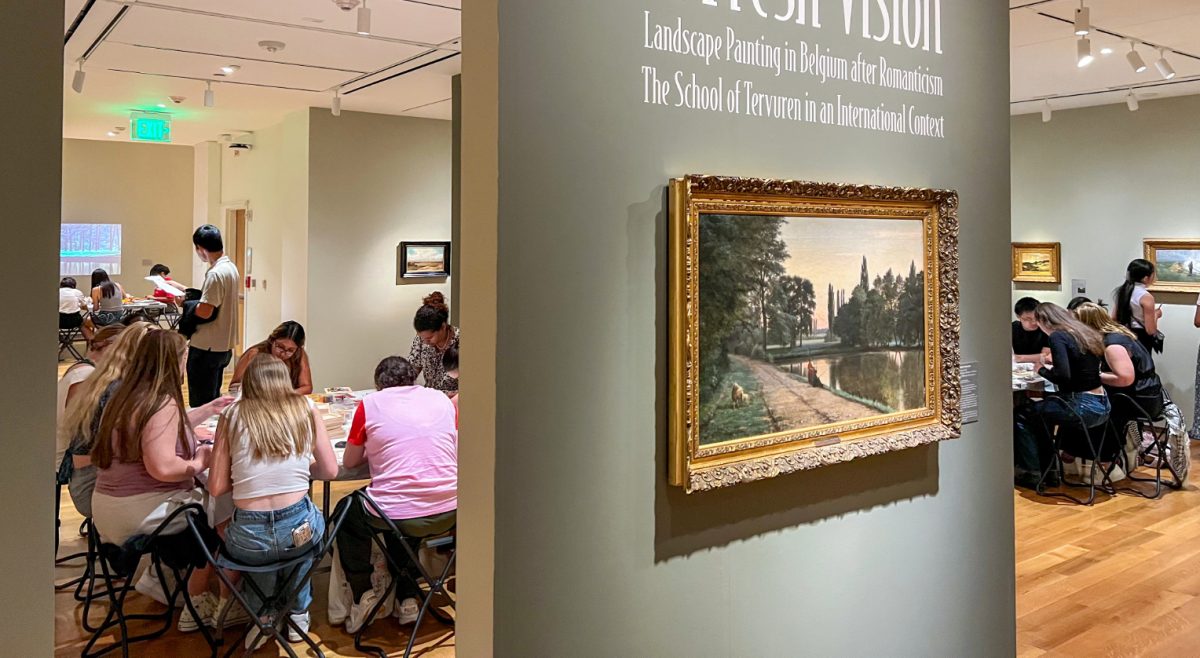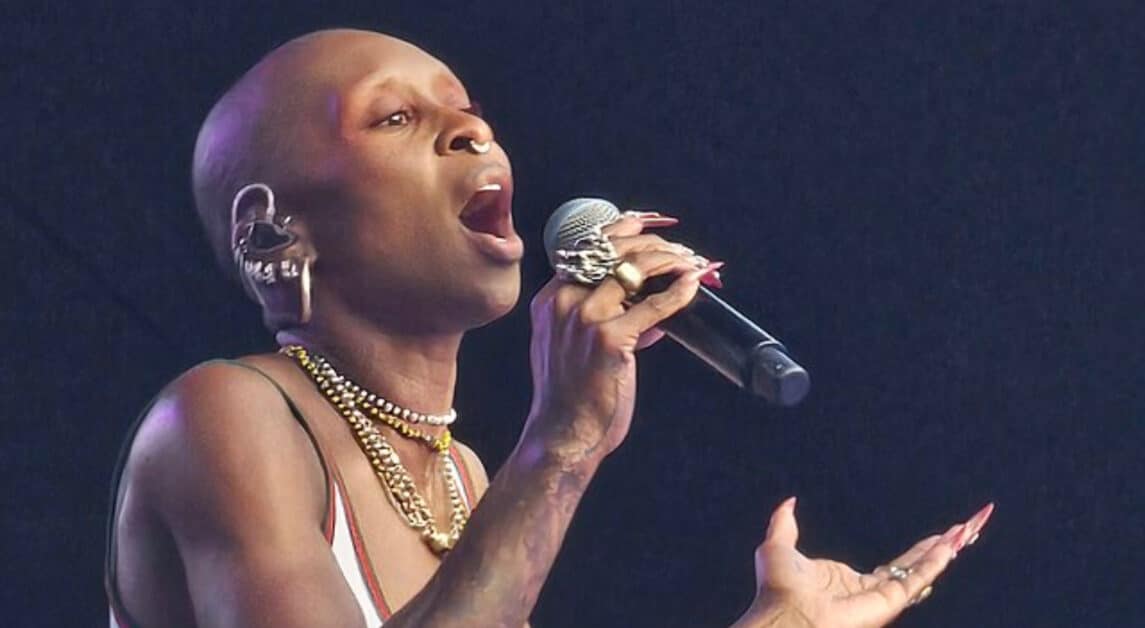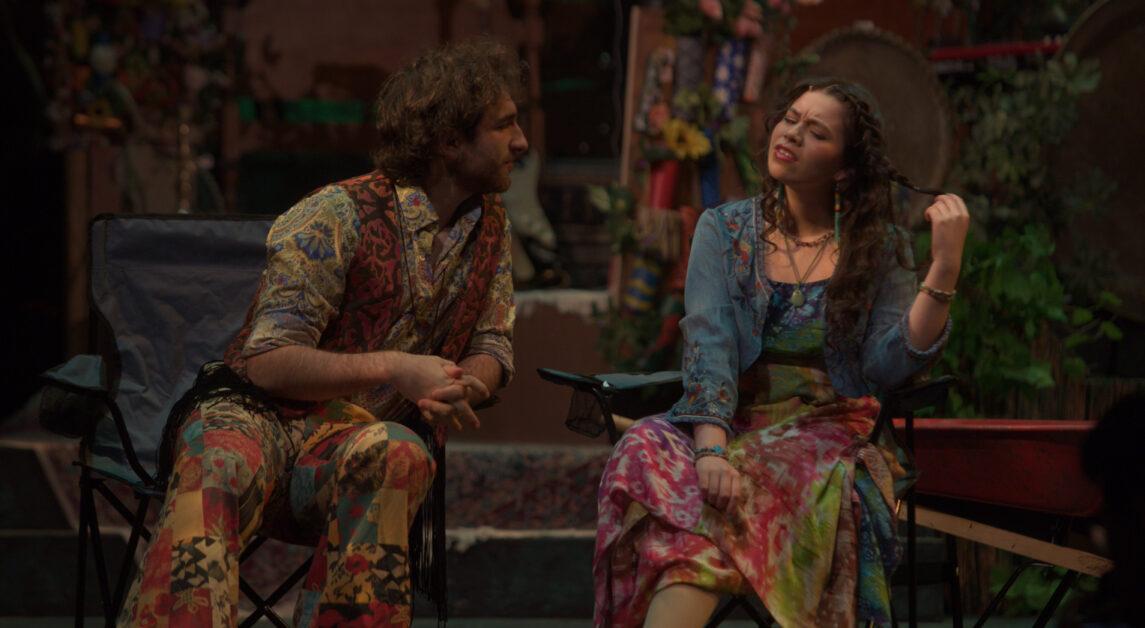During her spoken word piece, Mashaunda McBarnett, LSOE ’16, took a deep breath before continuing her poem. “Take what is yours,” McBarnett declared, “leave what isn’t.” McBarnett’s line, in many ways, encapsulated the tone of FACES and the AHANA Leadership Council’s fifth annual Speak for Your Change event. This year Speak for Your Change was a part of Embrace Week, and the event was about the cultural give-and-take that goes on between audiences and performers in music, dance, and poetry performances.
The two MCs for the event were Kevin Ma, CSOM ’18, and Joon Park, MCAS ’18. The sophomores sang the praises of each act and kept the show moving along. As an MC, Park was a particular crowd favorite, injecting humor into the serious messages of the night. In his own introduction, he provided an explanation for his eccentric outfit, revealing that “I’m wearing two flesh tones because flesh tones don’t come in one shade.”
Luis Miguel Torres, MCAS ’16, started the night off as the first spoken word artist. His piece, metaphorically starting in the Himalayas, spoke of coming down from a high place when his father became ill. He spoke of, “etching memories into the blank slate that was my father’s recollection.” The recounting of this story was as beautiful as it was painful. Torres left the audience with the message to let loved ones shine light through you.
Ronald Claude, MCAS ’16, was next up to perform a spoken word piece, which he had finished just two minutes before stepping up onstage. The senior’s poem was about growing up, hearing that black was bad and white was good, and having his actions compared to those of a white person. He was told he was “the whitest black boy [someone] knew” and grew up knowing “everything [he is] is everything [he’s] not supposed to be.” He ended with the powerful introspection, “my blackness is excellent and [an] unapologetic goal … your black is good enough.”
Later, Juice brought down the house. The band performed three songs, the first speaking to superficiality, the second entitled “Where I Wanna Be,” and the third a cover of Amy Winehouse’s “Valerie.”
Jovani Hernandez, MCAS ’16, was next in the lineup. Born and raised in the Bronx, Hernandez focused his spoken word performance on growing up as a Latino. Starting out saying, “I am not black, but I’m not white either,” the senior dove into how he would hear about white history and black history, but would struggle to hear about Latinos. The piece ended with Hernandez saying, “I’m not white, I’m not black, and I’m trying to hold onto a story I know very little of.”
Originally a rap writer, Jonathan Reed, MCAS ’16, was next to perform two spoken words. Beginning to write in middle school, Reed was influenced by Eminem and the rhythm and meter in which he performed. The first piece relayed his identity with the closing line, “It will take more than a poem to discover me.” Reed had written the second spoken word piece for a class but wanted to perform it for an audience. It spoke of love for another: “You see fullness where others see dullness.”
The Dynamics, the co-ed a cappella group, performed next. The group’s repertoire spans from Top 40 hits to country music, and is always a treat. The performance was filled with mash-ups of feel-good songs and beautiful solos that left the audience wanting to hear more.
Following the Dynamics was the dance group Conspiracy Theory. This all-male group included members of the Boston College community and beyond. The performance had an improvised atmosphere to it, filled with spins on the ground, headstands, and flips. The crowd fed off of the energy and excitement of the routine.
Commanding the stage next was Cristine Oh, MCAS ’17. She began, “What kind of Asian are you anyway?” From here, she spoke of how she and Asian people have been treated for years—“let my body fill your diversity quota.” She spoke with passion and vigor.
“Dear Asian-American women, you make the very earth shake,” she said to conclude.
The program closed with a quote from author James Baldwin.
“Not everything that is faced can be changed,” Baldwin once said, “but nothing can be changed until it is faced.”
Featured Image By Sarah Hodgens / Heights Staff













